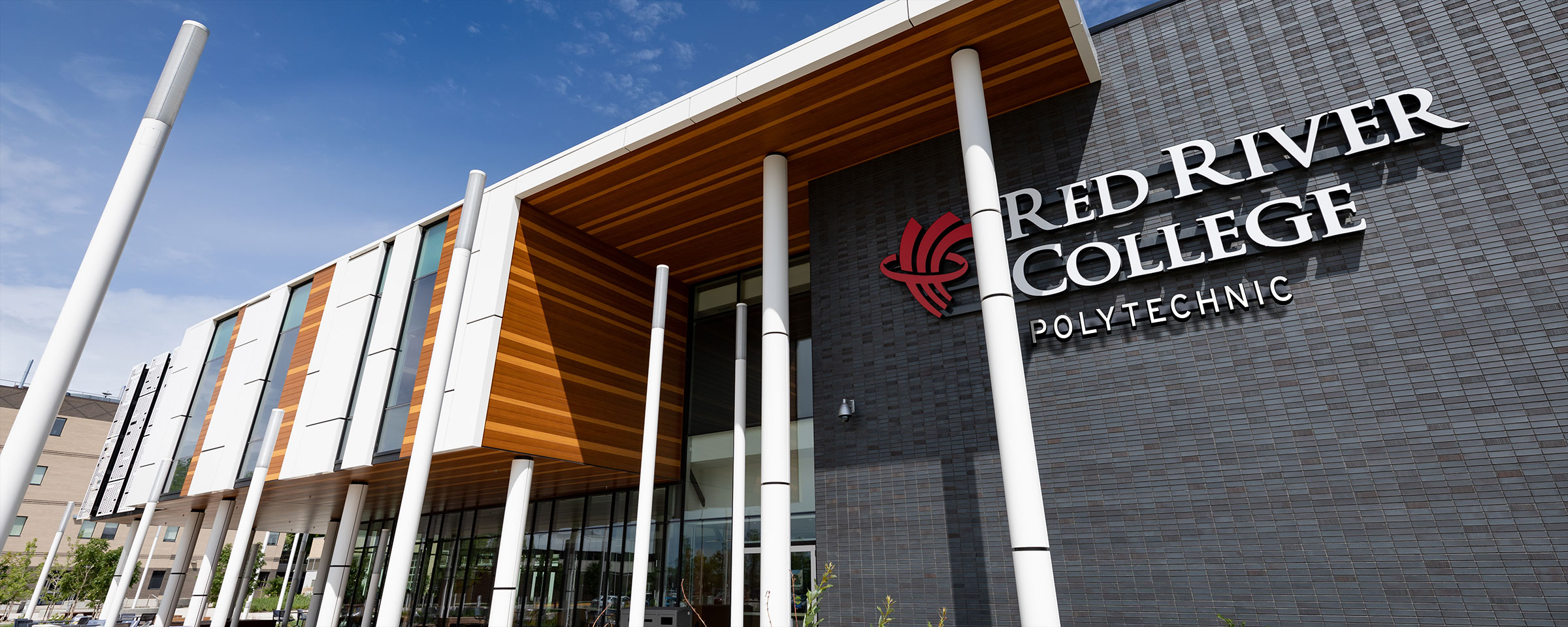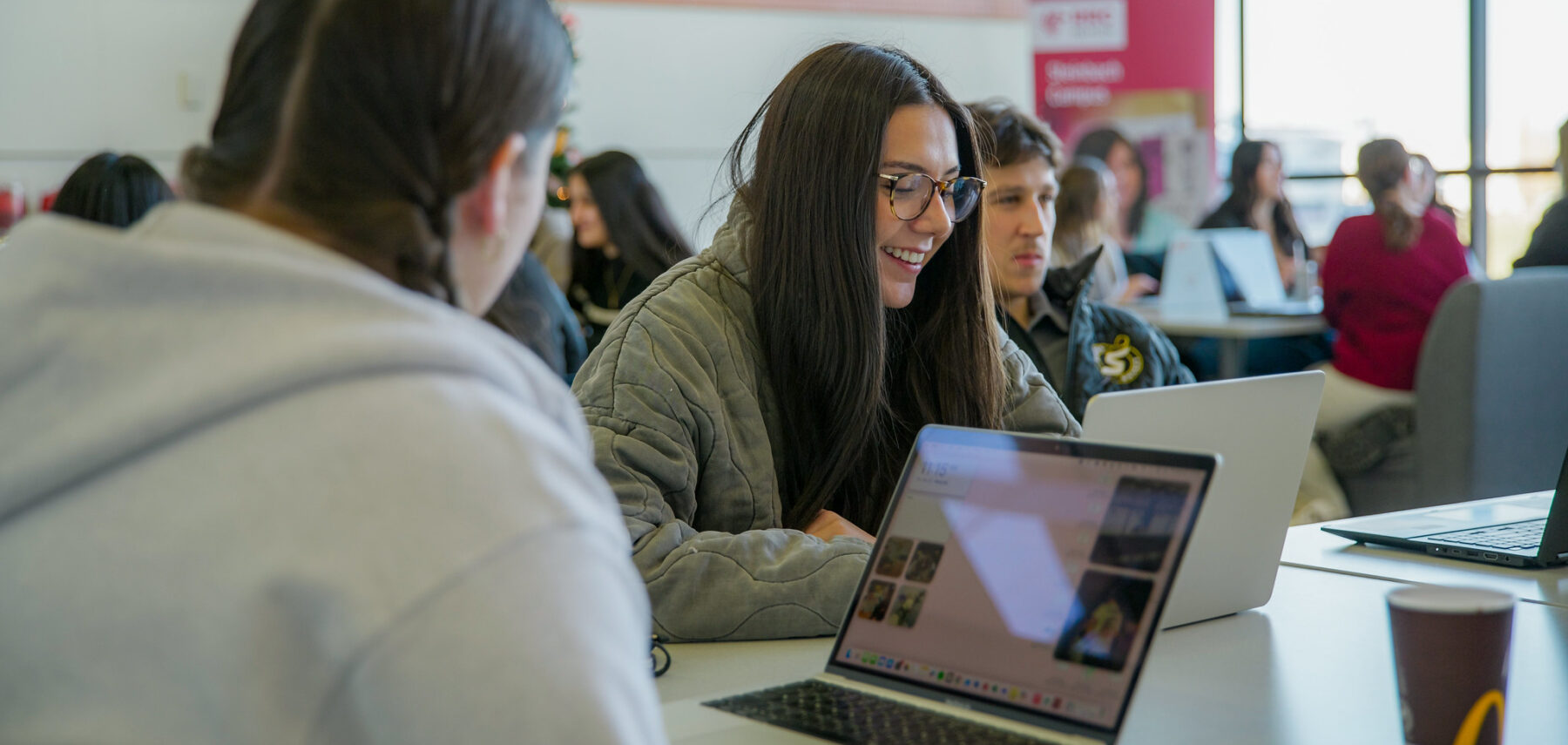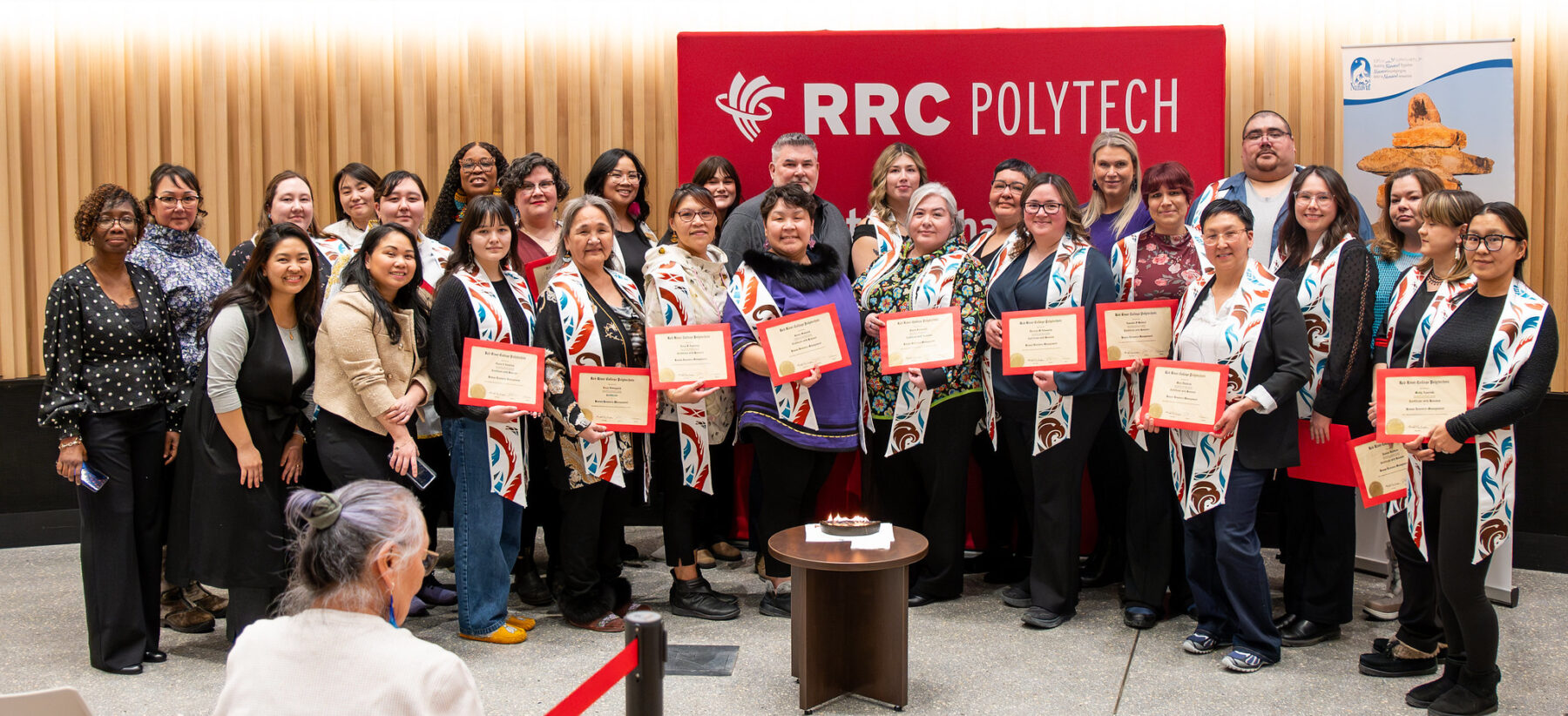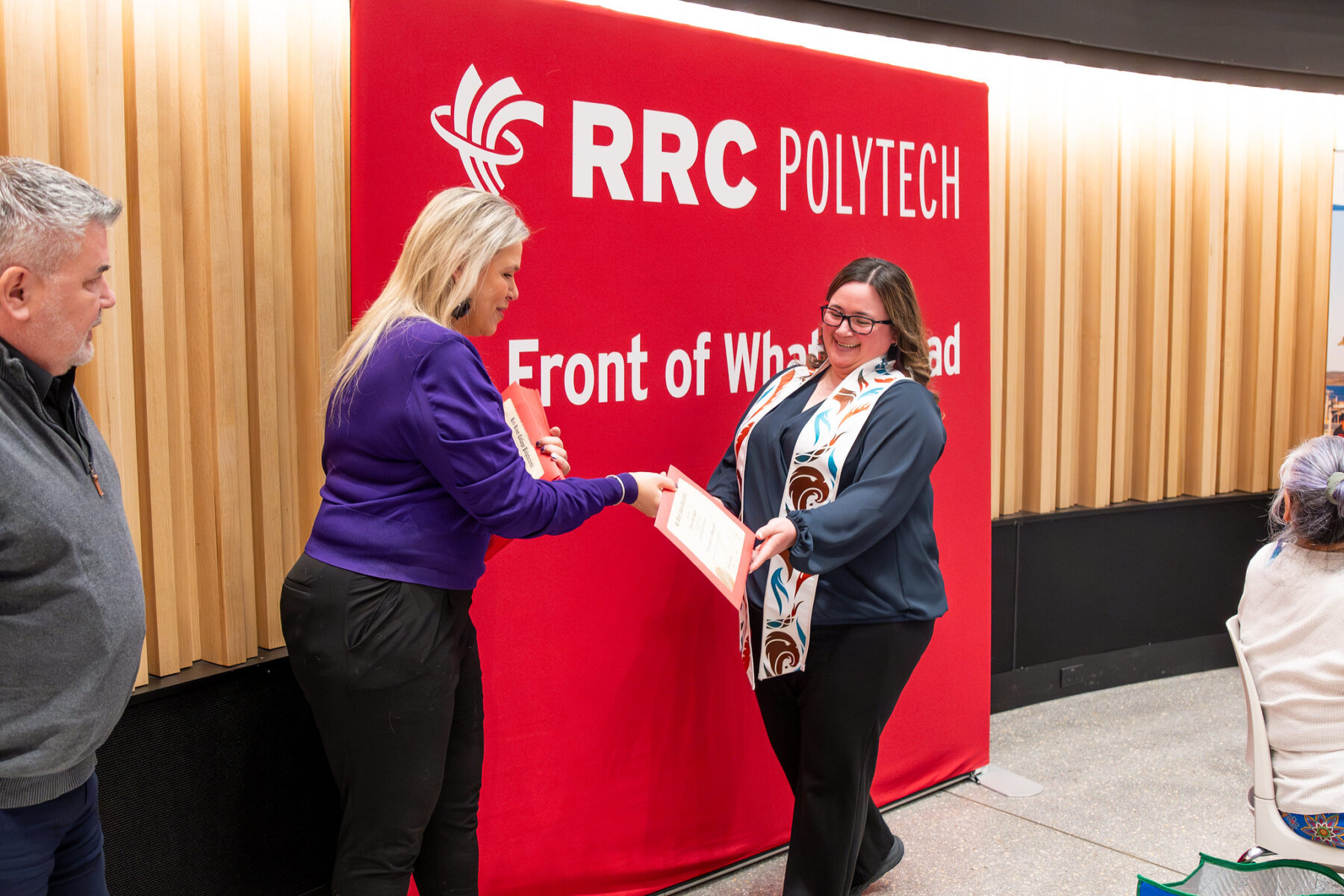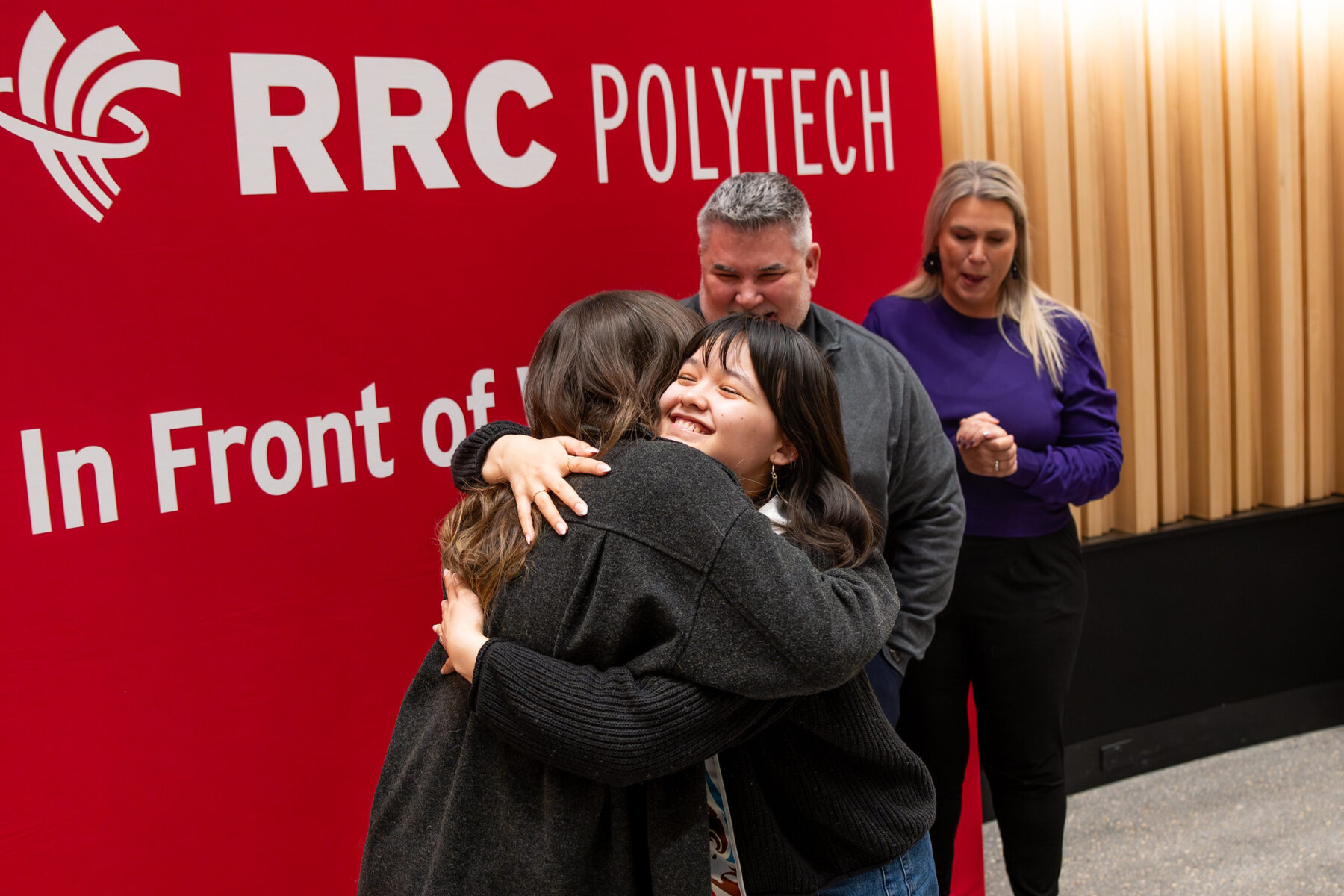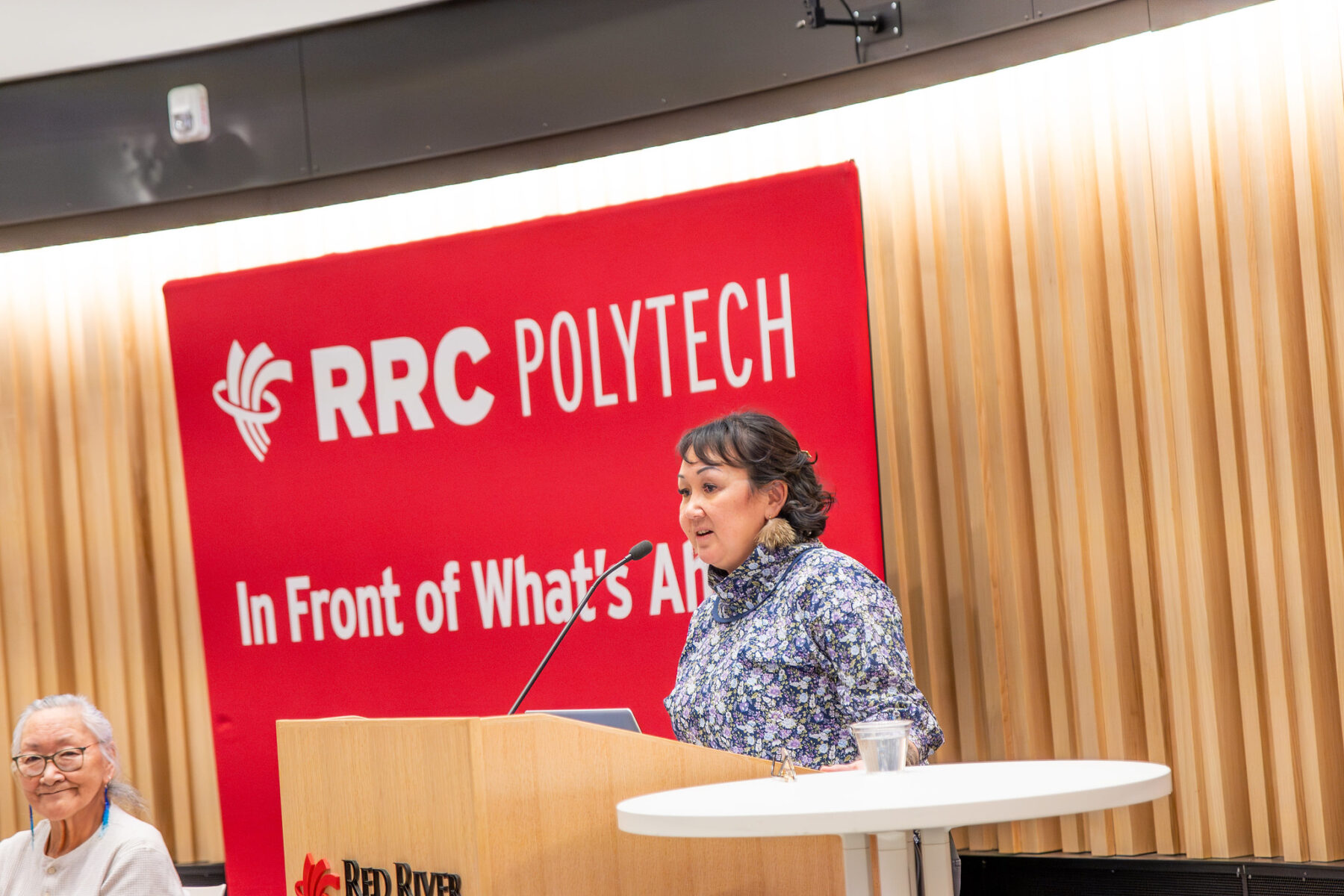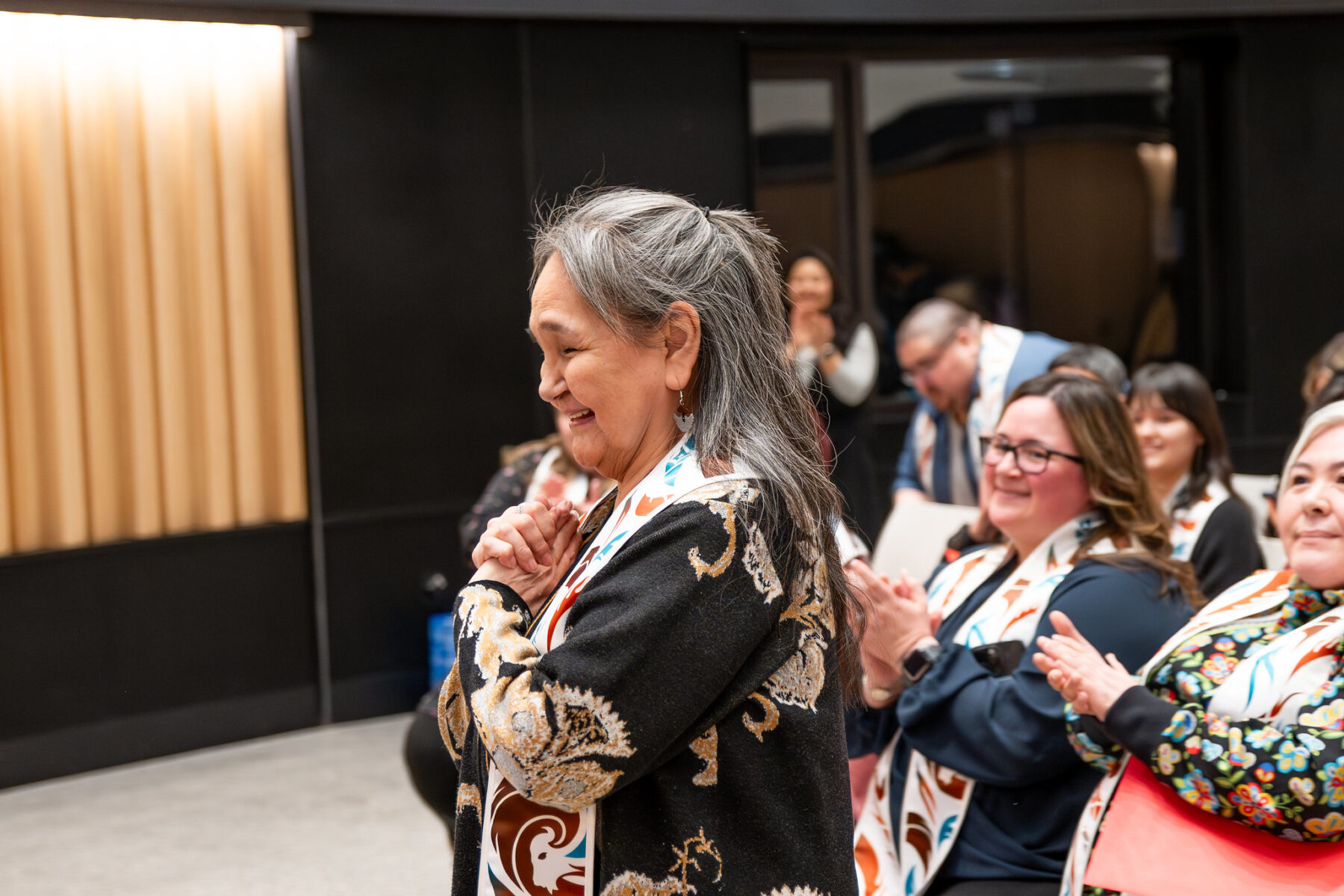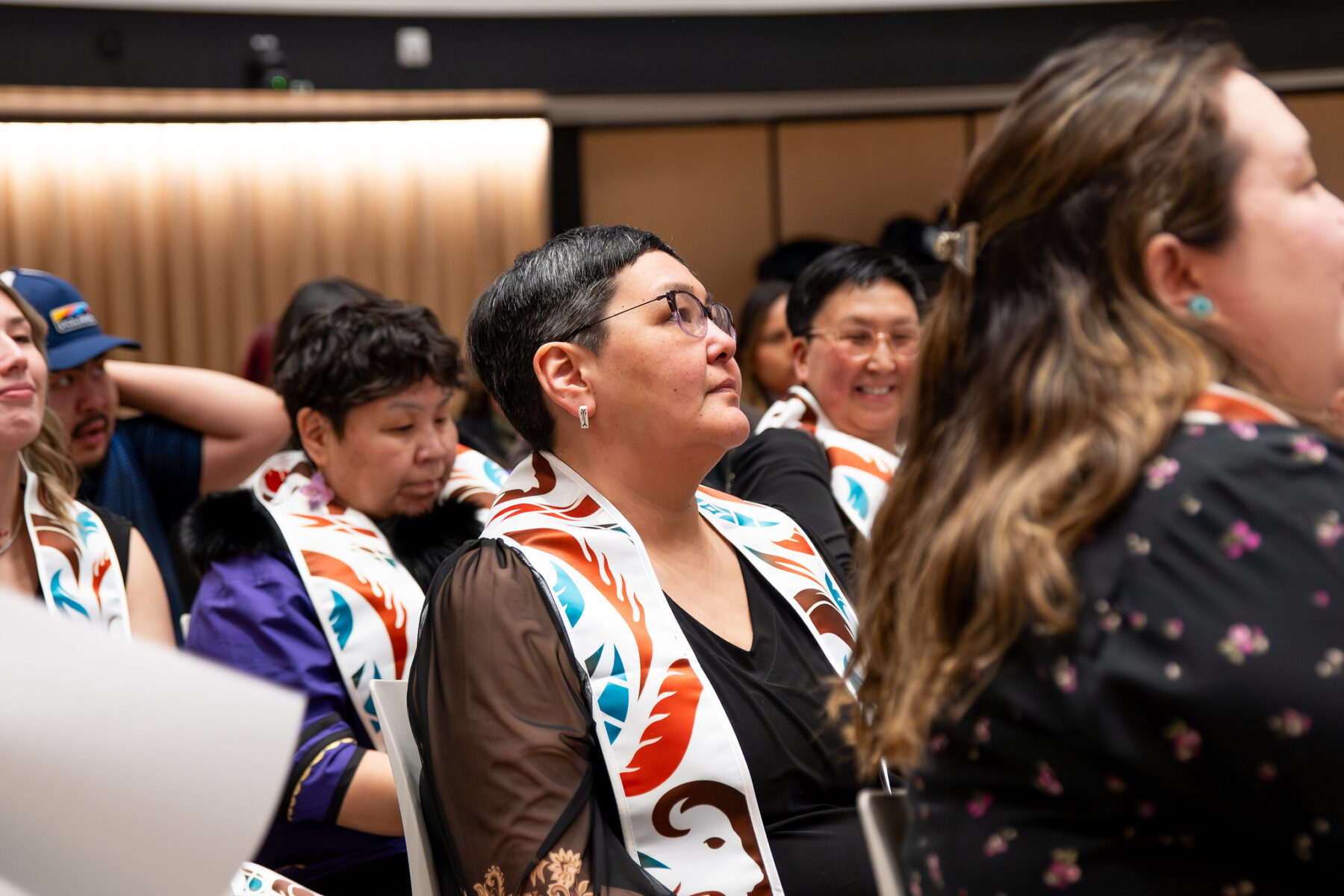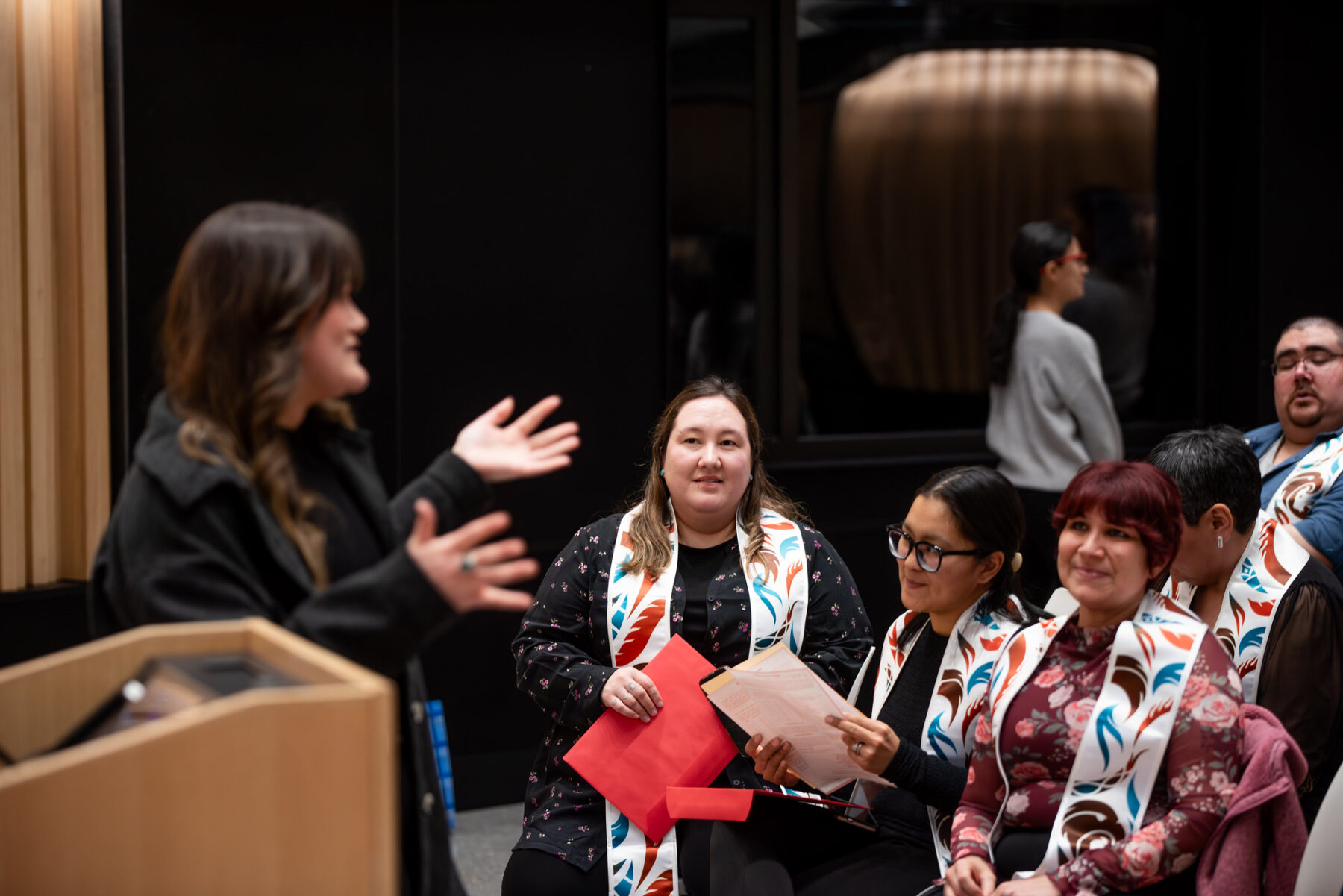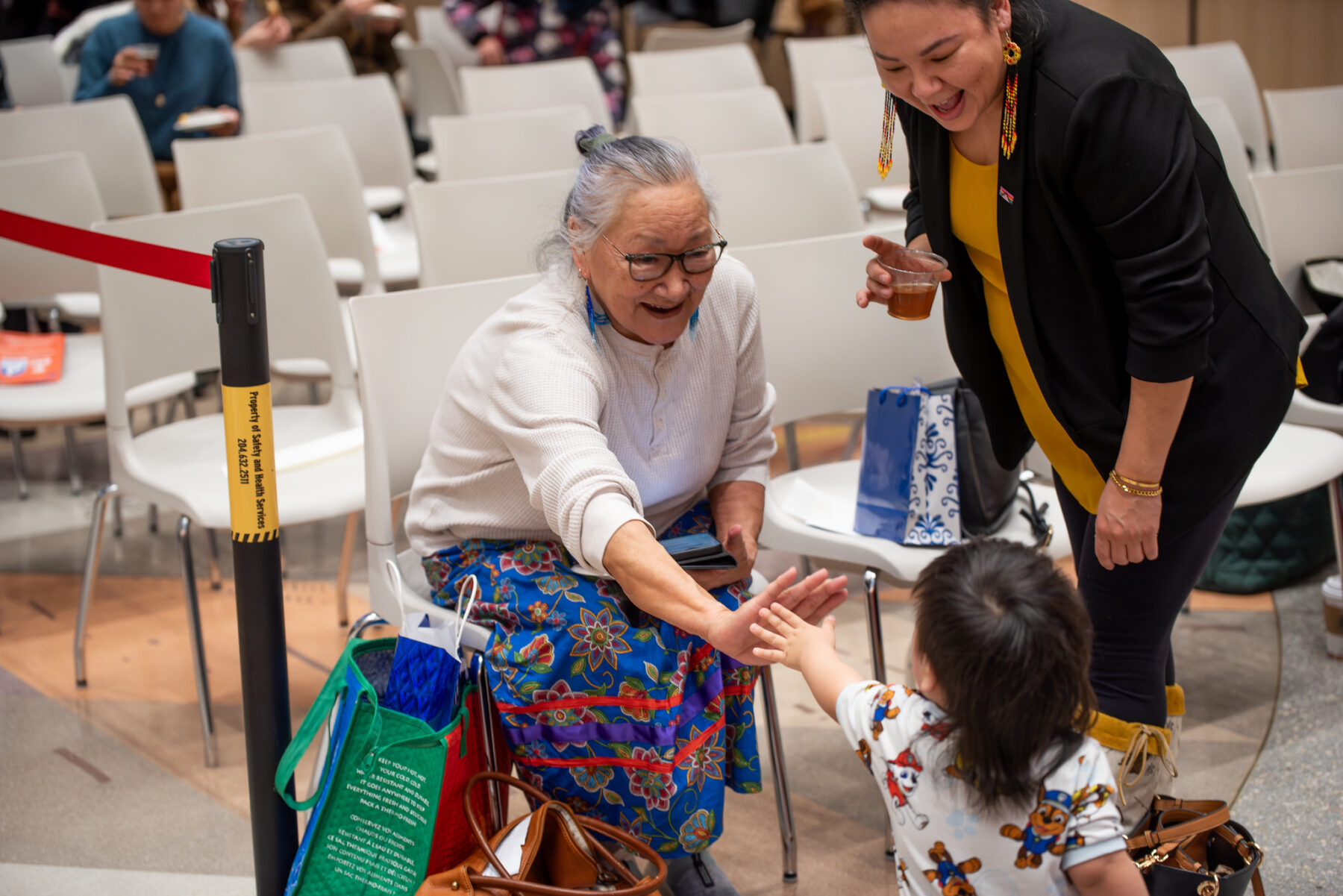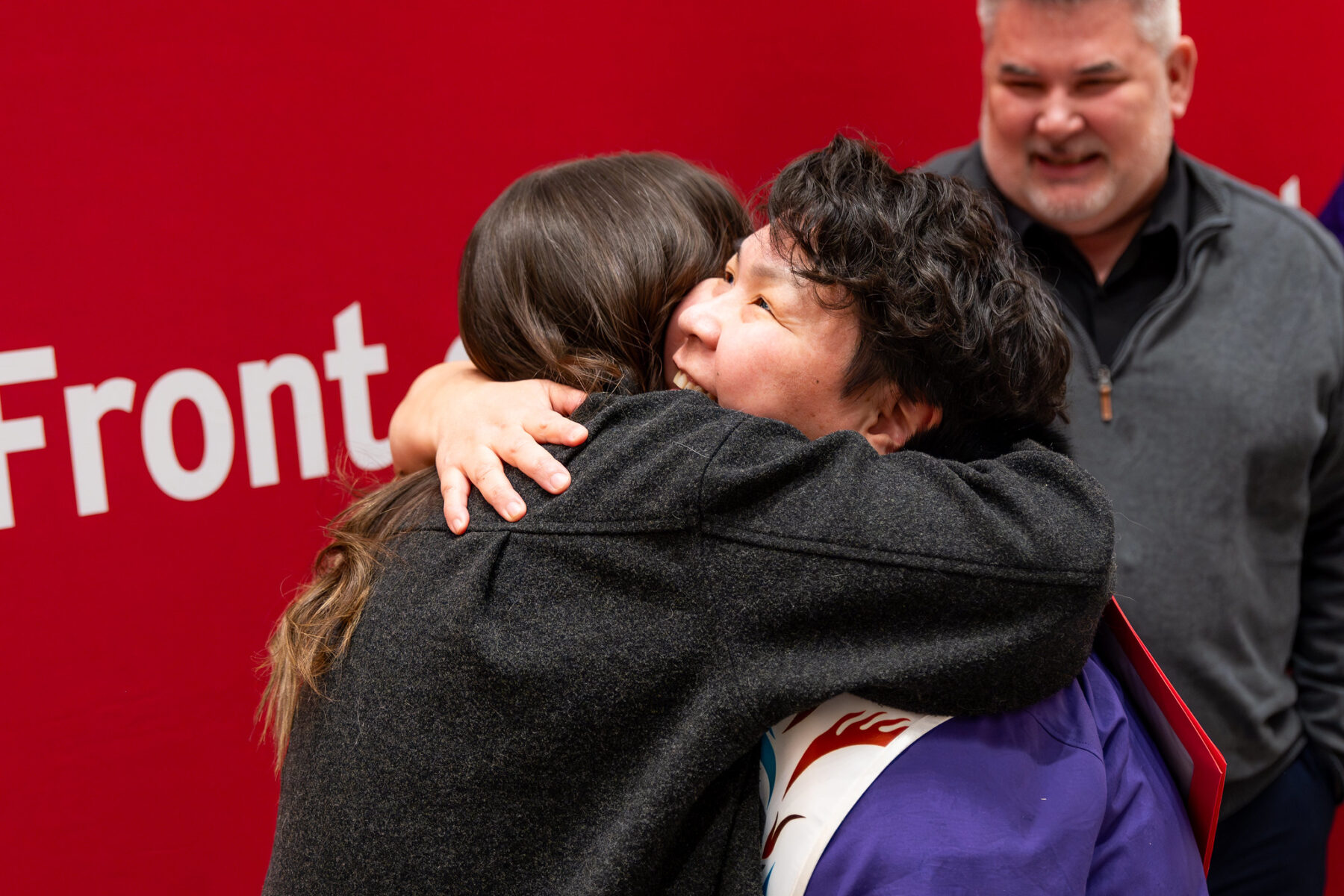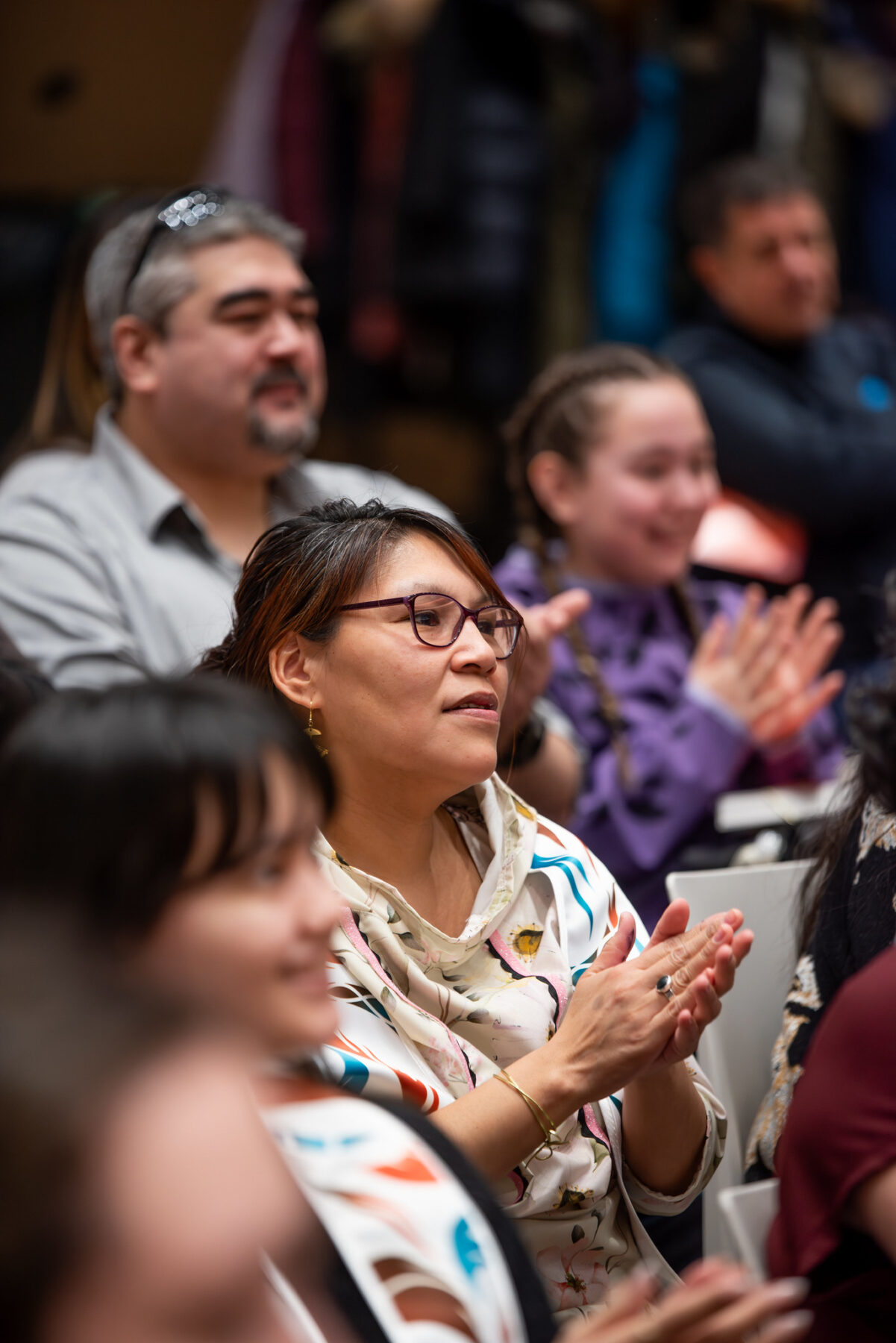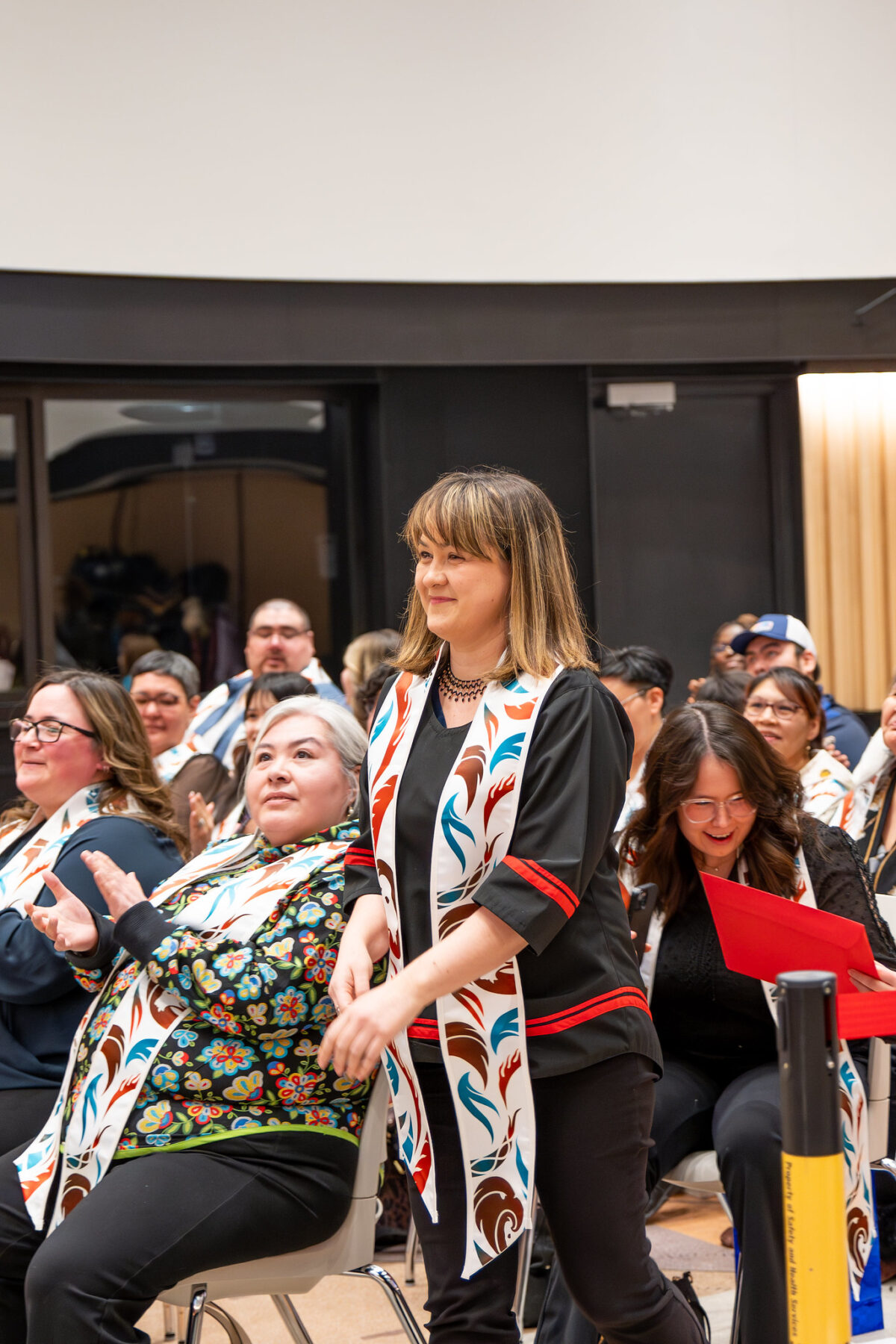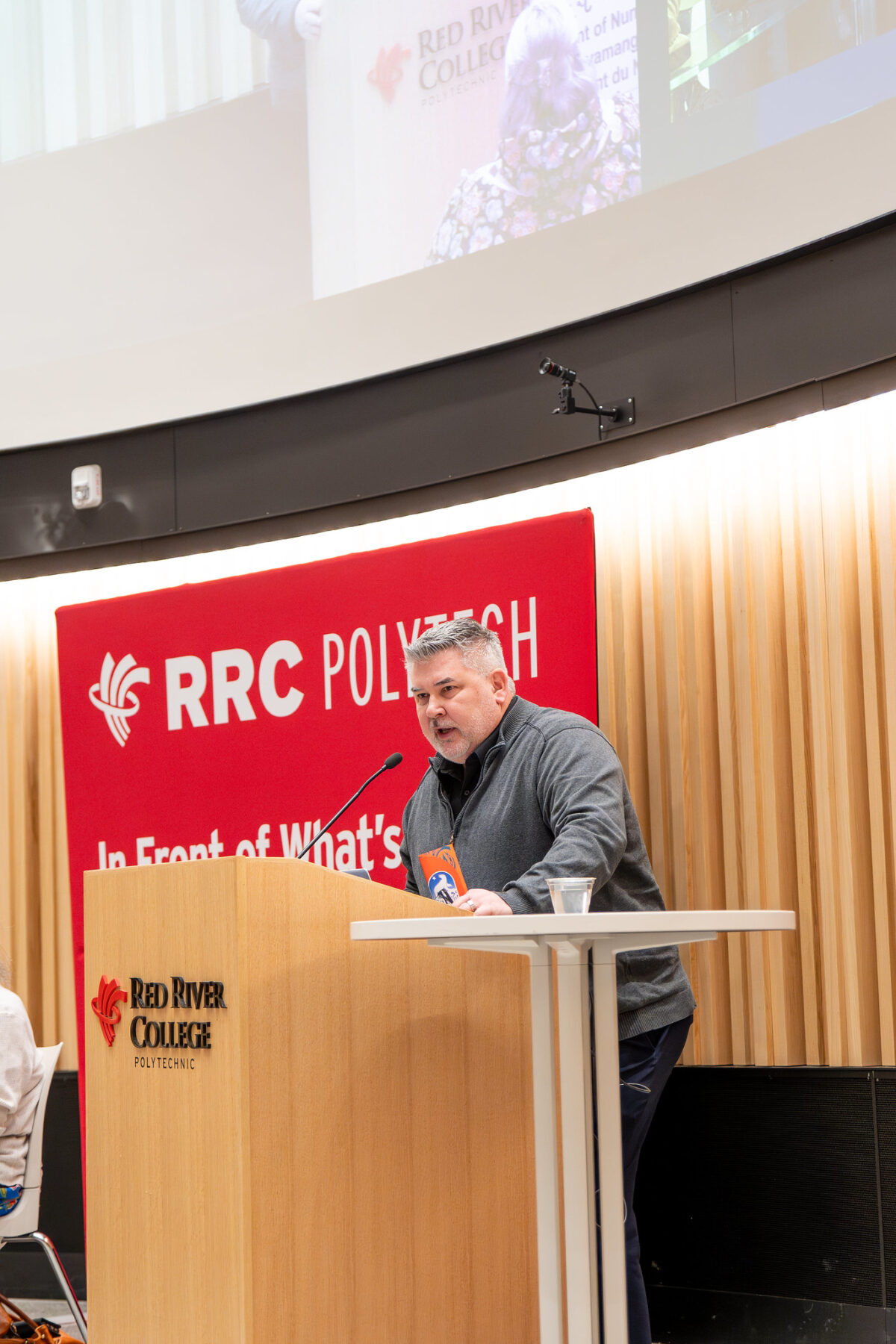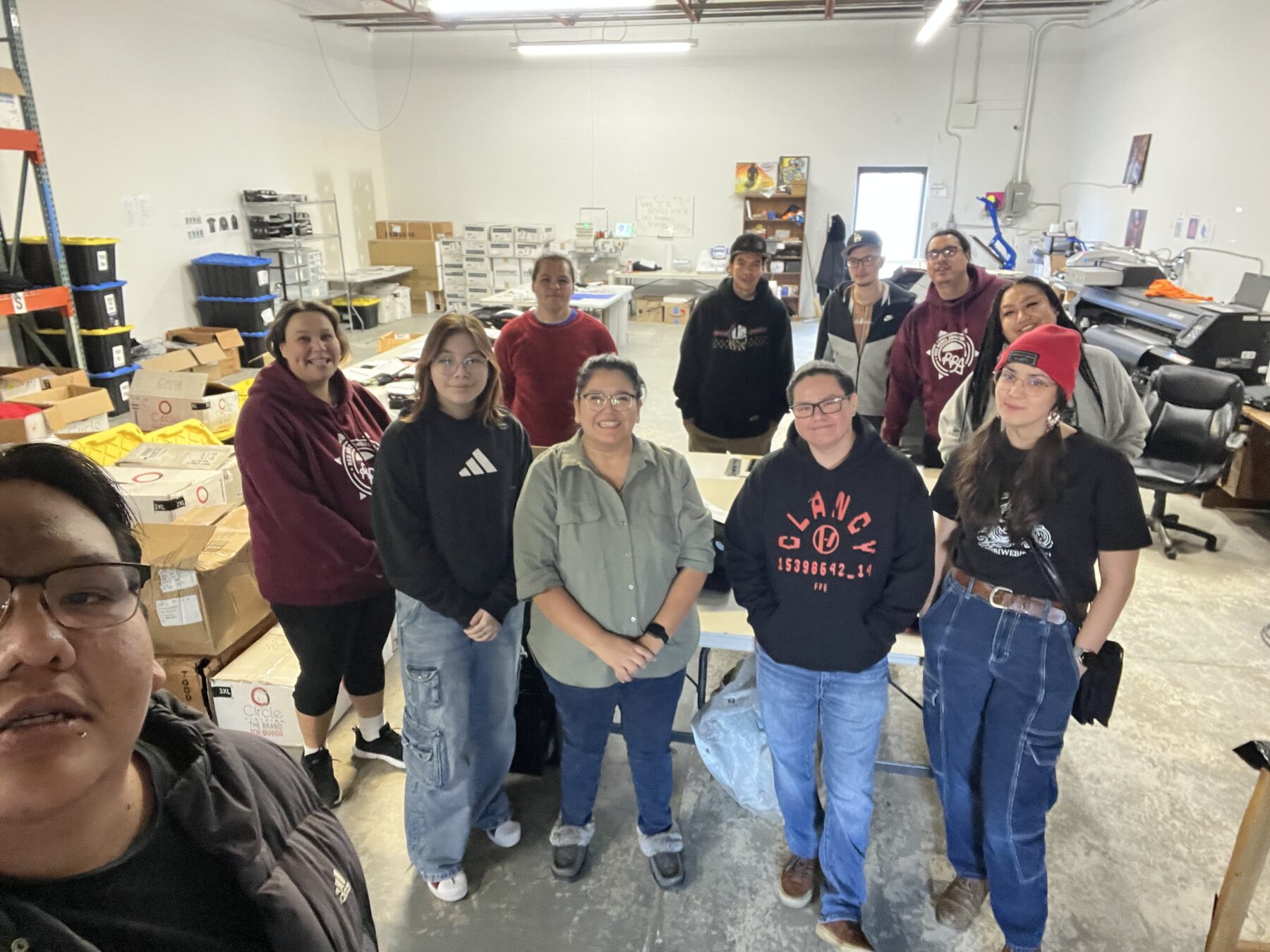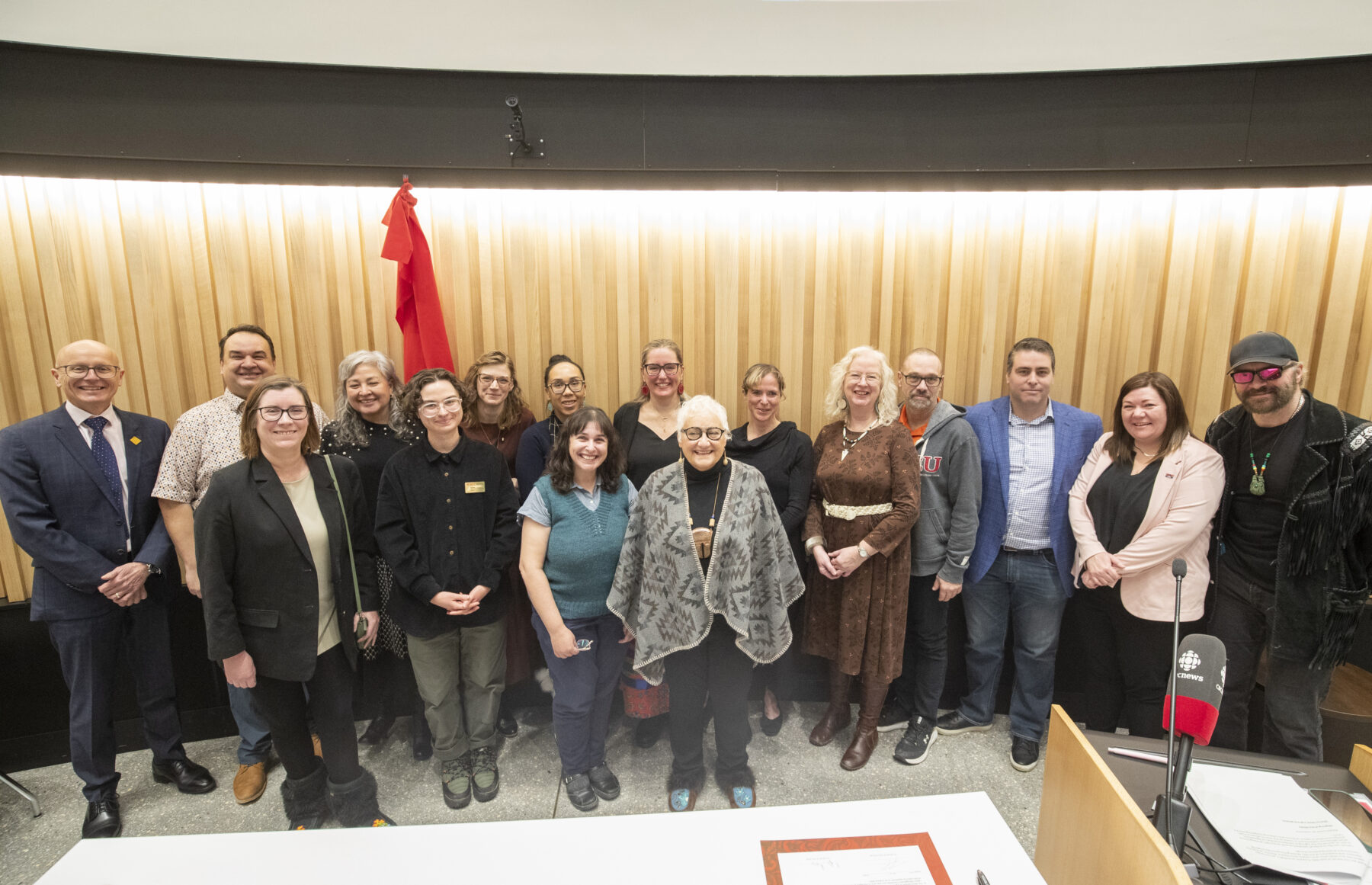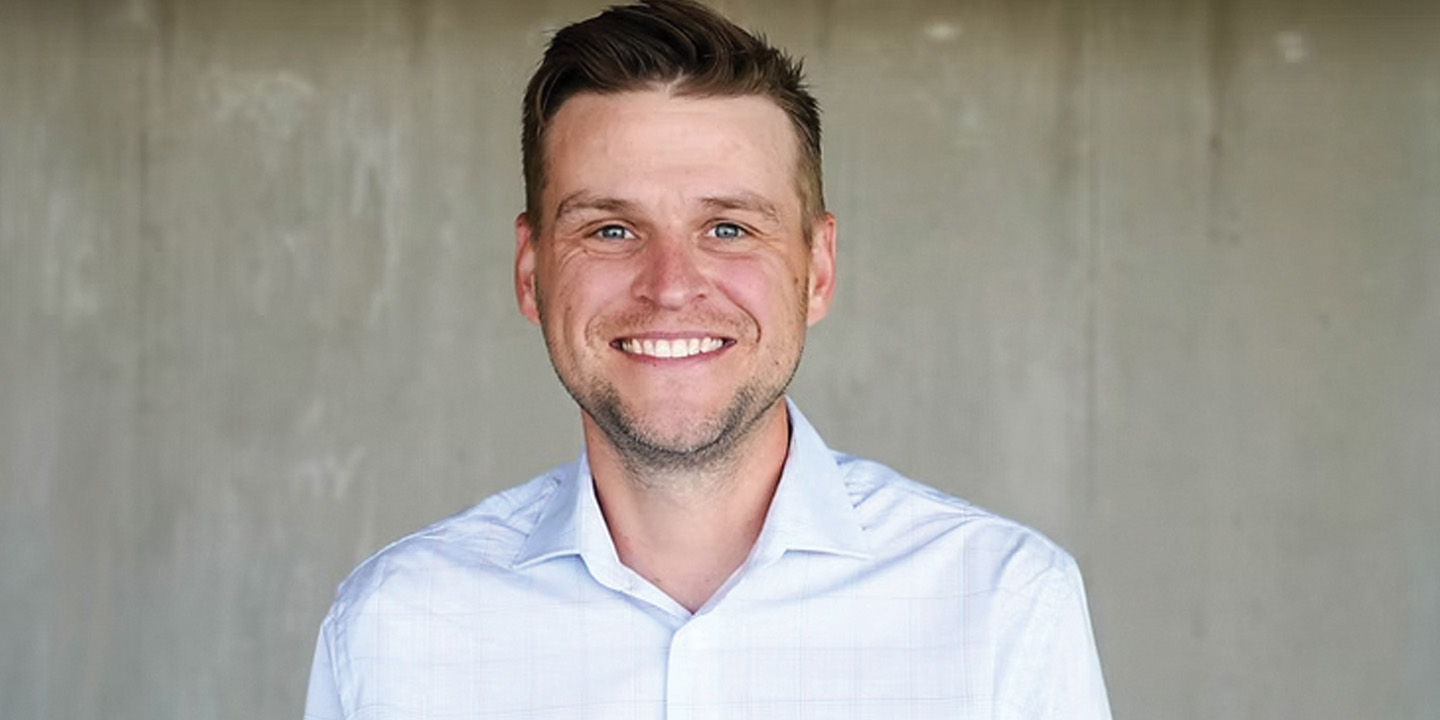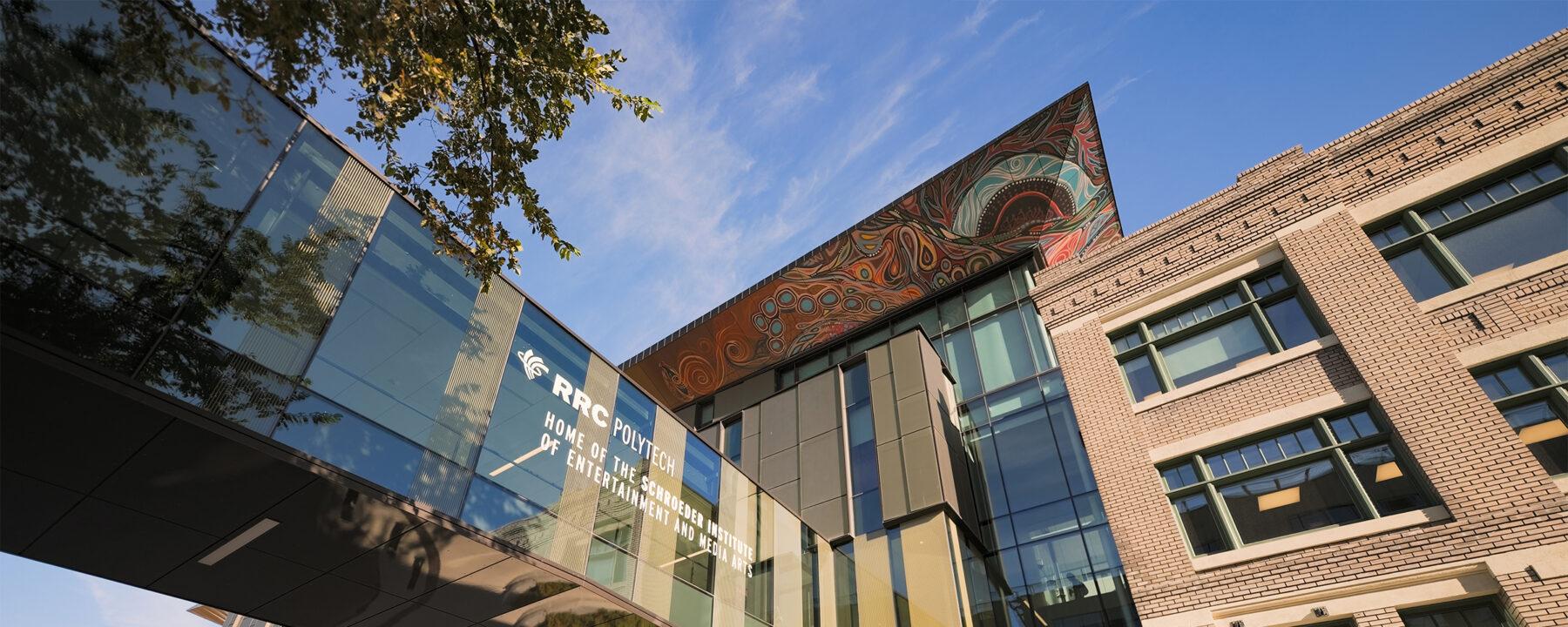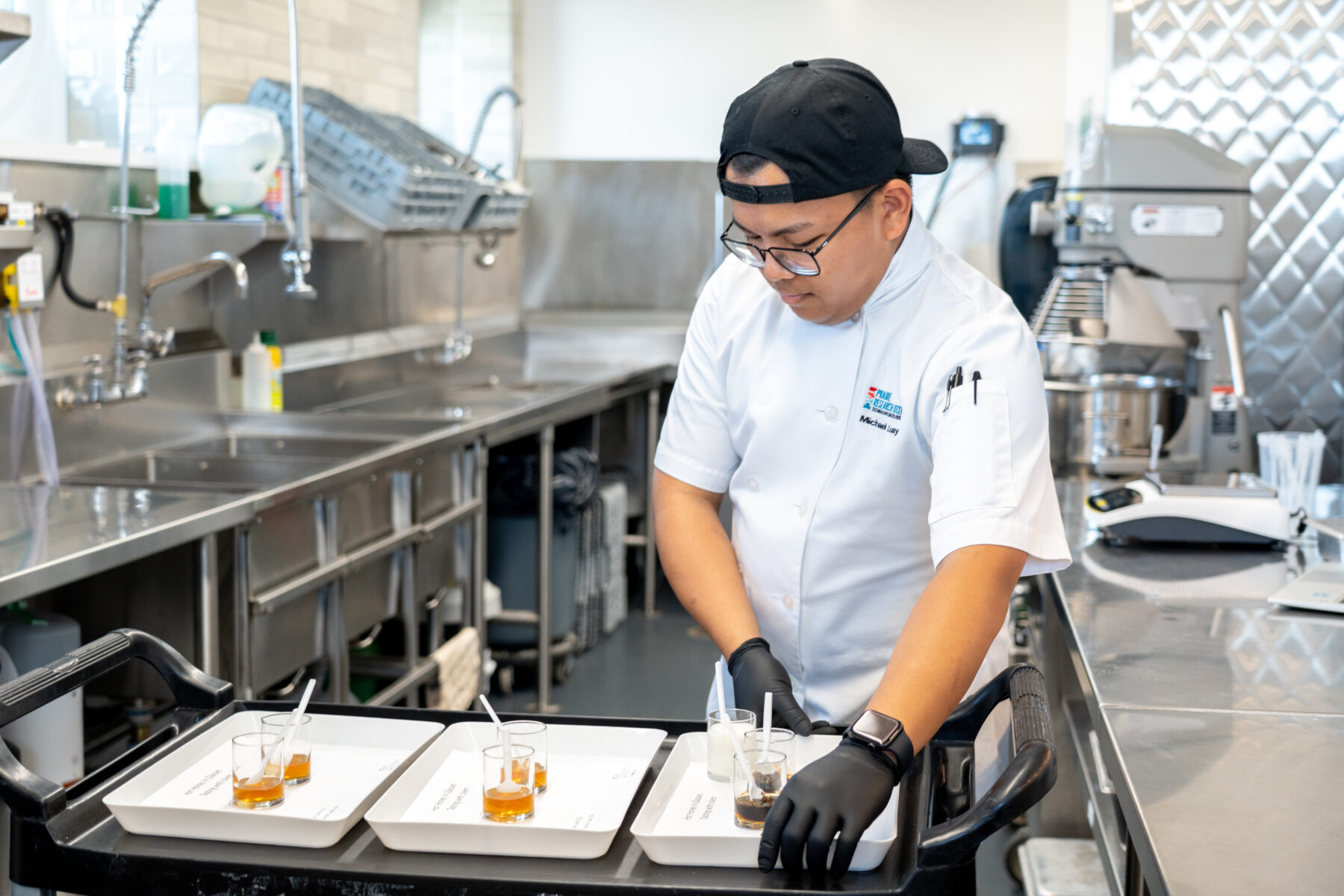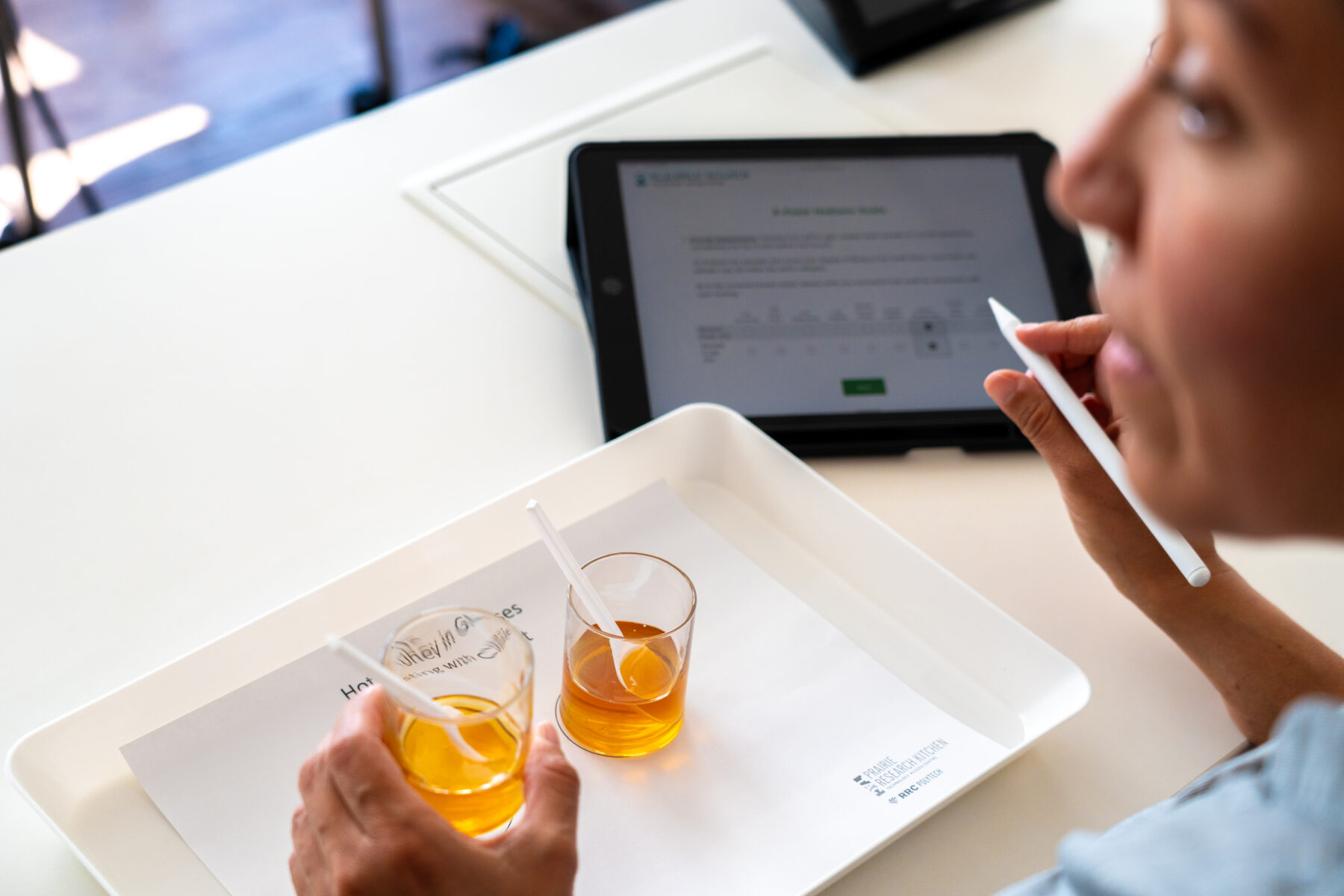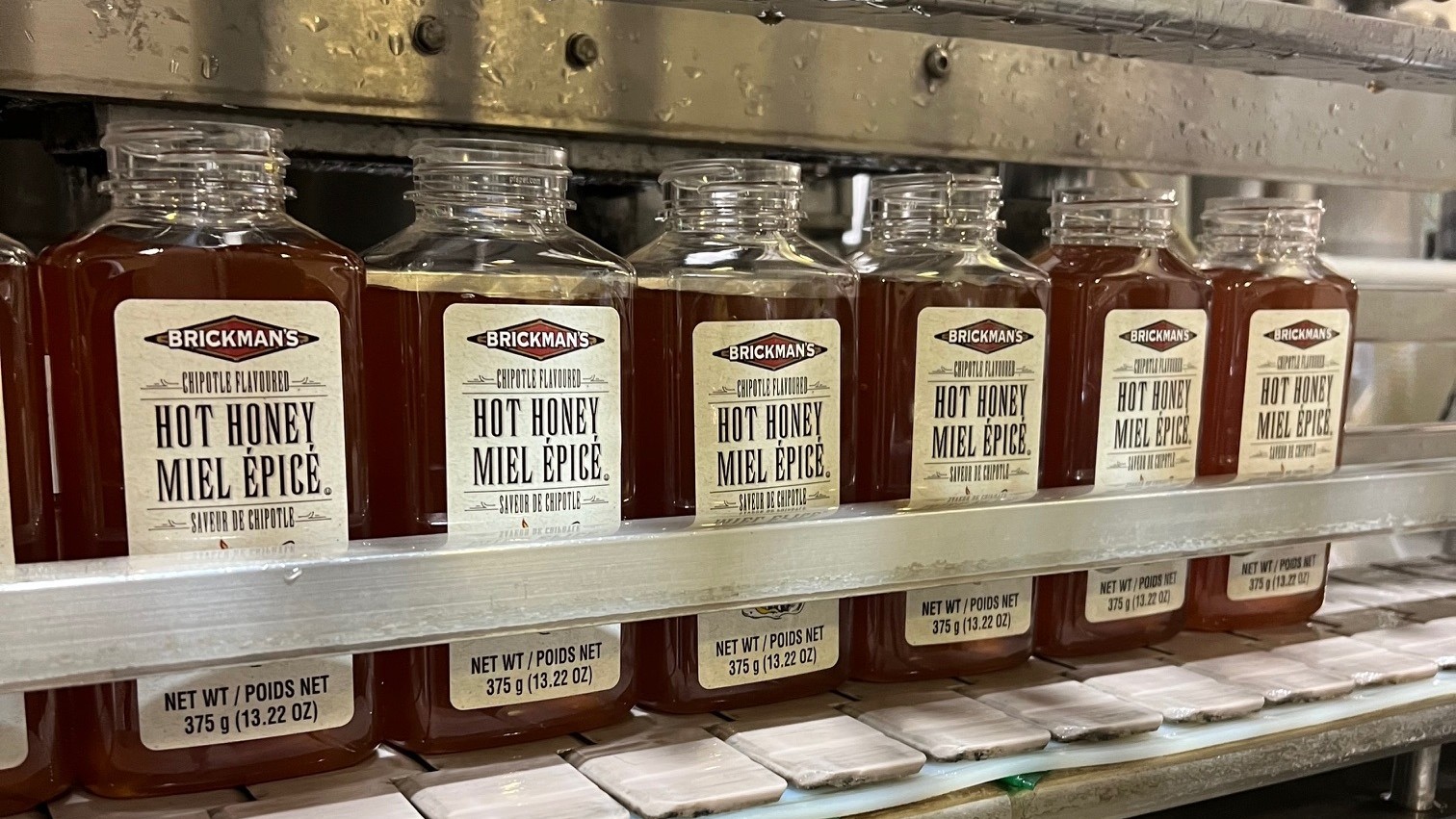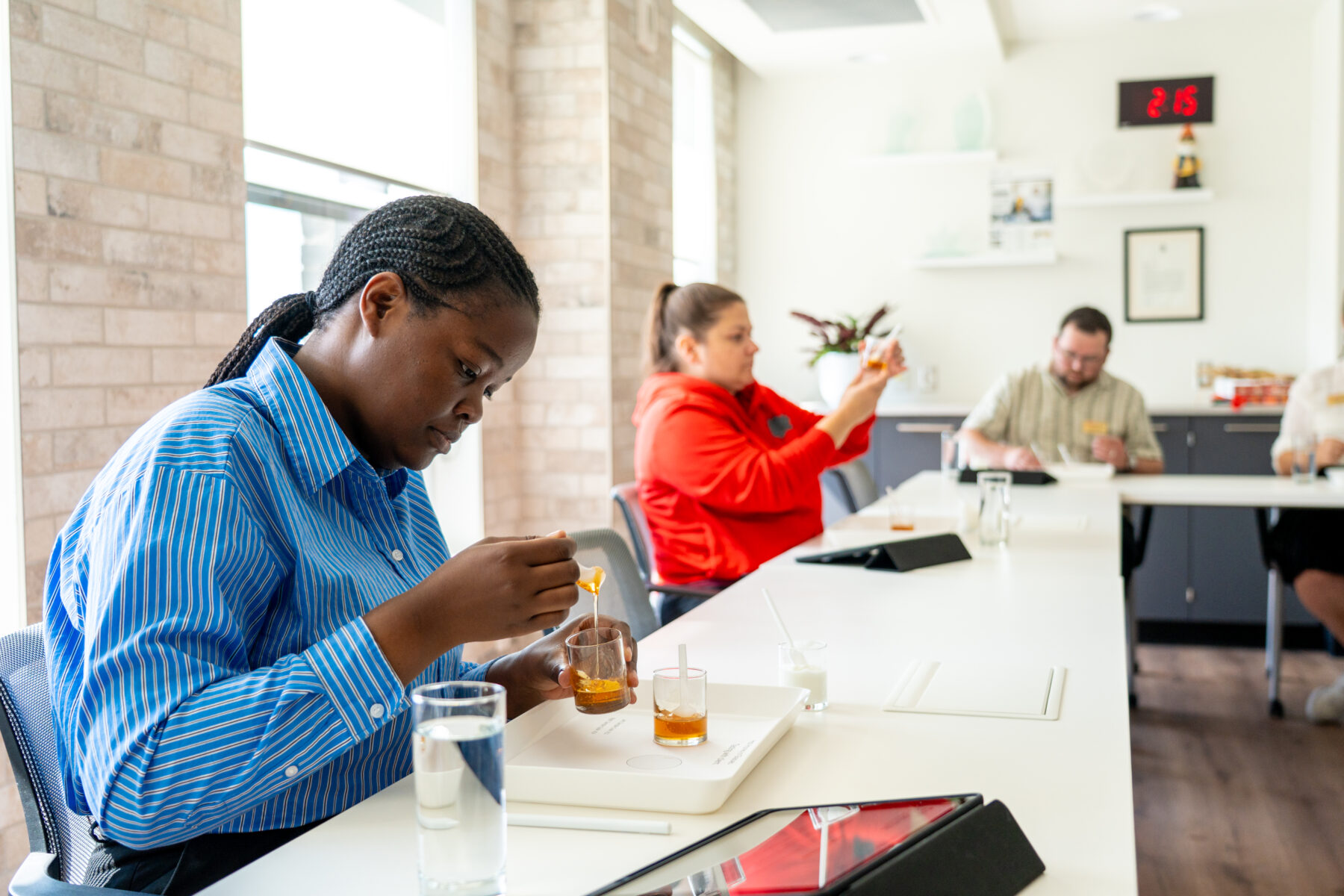Collaboration across institutions brings Post-Graduate Certificate in Adult Education program overseas to Shenyang
When RRC Polytech instructor, Melissa Deroche, landed in Shenyang, China, she was greeted by her soon-to-be students at the airport. Deroche was heading to the Shenyang Institute of Engineering (Shenyang) along with co-facilitator Shanshan Wang to deliver an introductory module to the newly developed Post-Graduate Certificate in Adult Education (PGCAE).
“I immediately felt the strong partnership [between RRC Polytech and Shenyang] and connection to the cohort of 20 students,” said Deroche.
Building on almost 40 years of collaboration, RRC Polytech and Shenyang continue to share knowledge, partner on programming, host staff and student exchanges, and facilitate applied research projects.
Representing a decade-long conversation about offering a Certificate in Adult Education for instructors at Shenyang, the PGCAE program is the latest collaboration to launch between the two institutions.
The framework for the PGCAE is RRC Polytech’s Teaching for Learning in Applied Education (TFL) program, which was launched during the pandemic as a six-course-long online training. The TFL program is for educators of all experience levels, from new instructors, subject matter experts coming from industry to those with lengthy teaching careers who want to learn new practices to integrate into their classrooms.
Since launching the TFL program in 2021, RRC Polytech has been better equipped to support Shenyang’s request for training, integrating valuable feedback from its own instructors to enhance the course offerings.
The idea to develop training for instructors at Shenyang was reignited in 2022, leading to renewed conversations about a Certificate in Adult Education. The partnership was solidified during an Executive trip to Shenyang in fall 2024, and development of the PGCAE based on the TFL Program began that December.
Deroche led the development of the PGCAE program, adapting TFL content to best fulfil the needs of learners at Shenyang. For example, adjusting or removing Canadian-specific content or content such as YouTube videos that aren’t shareable in China, and building in HP5 interactive games and activities in lieu of in-person exercises.
Alongside the work to adapt content, Deroche worked with an instructional designer at the Polytech on a weekly basis to ensure accessibility and effectiveness for all learners.
To launch the PGCAE program in July 2025, Deroche and co-facilitator Shanshan Wang delivered a preliminary module in-person, as an “appetizer” to the five-course program which participants will complete asynchronously online.
The goal of delivering the training in-person was to prime participants to develop a strong foundation for learner-centered, inclusive teaching principles and strategies.
Deroche notes that before heading to Shenyang, she wasn’t sure what to expect when delivering the preliminary module. When she and Wang met the cohort, they discovered that they brought a wealth of knowledge – more than half of the participants had over 20 years’ teaching experience – and they were eager and enthusiastic to learn.

“The experience felt like a mini teaching retreat between countries. It’s rare that as an instructor you get [the opportunity] to just talk and focus on what makes good teaching,” said Deroche. “It was truly special to carve out five days to focus on our teaching craft.”
The PGCAE brings Canadian teaching concepts and pedagogical approaches to Shenyang, allowing instructors to discover new practices and core principles to integrate into their classroom.
The experience with the first cohort at Shenyang was a resounding success, receiving positive feedback from participants, including:
“It feels good to learn and know that I am working to be a better teacher. I feel supported by the instructors.”
“This is the best teacher training course I have ever attended.”
The first cohort is now working through the PGCAE program on LEARN with Deroche providing support and guidance to participants.
The strong relationships fostered by the program instructors, Deroche and Wang, have played a pivotal role in maintaining effective communication and providing ongoing support. This collaborative approach has been instrumental in building the program’s momentum and ensuring learners receive a high-quality experience.
The PGCAE program demonstrates strong cross-institutional collaboration, which has been made possible through the support of leadership from Shenyang, the School of Education, Arts, and Sciences and the Centre for International Education and Global Partnerships at RRC Polytech.
Building on the success of the PGCAE program, a second cohort of instructors at Shenyang will begin their training in July 2026.
